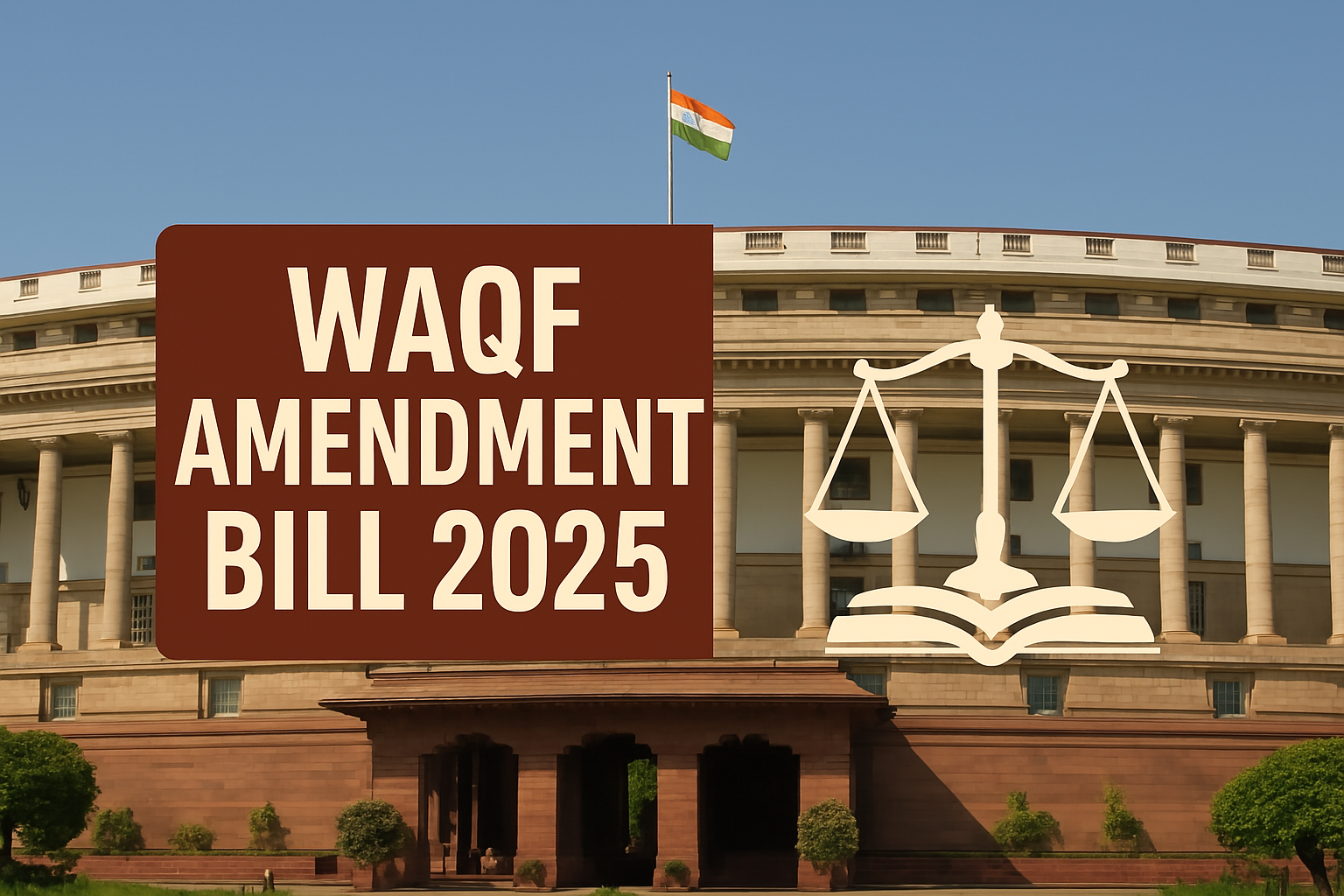Politics / Waqf Amendment Bill 2025
Waqf Amendment Bill 2025 passed? Reform or Controversy? Transparency or Takeover? Know the key Changes and oppositions.
The Waqf Amendment Bill 2025 has passed in the lower house of India. Minority Affairs Minister Kiren Rijiju moved the bill.
The bill aims to amend the Waqf Act of 1995. The government claims it will enhance transparency, prevent corruption, and promote inclusivity within Waqf institutions.
However, critics fear it could weaken the Muslim community’s rights and lead to potential loss of historical properties.

Key Points of the Waqf Amendment Bill 2025
Inclusion of Non-Muslim Members in Waqf Boards:
The bill allows the appointment of non-Muslim members in both central and state Waqf boards.
The government says it is to improve diversity across India.
More Government Control:
The government is now more involved in the process of validating Waqf land holdings.
The District Collector can now decide property ownership. Earlier, this was done by the Waqf Tribunal.
Strict Property Documentation for Waqf Properties:
To avoid issues of mismanagement, all Waqf properties require a formal deed (waqfnama).
This aims to prevent land disputes and mismanagement.
Representation of Muslim Women:
To promote gender inclusivity, two women must be part of all waqf boards.
This should be followed both in the central Waqf council as well as the state Waqf boards.

Separate Boards for Specific Communities:
Separate board for specific communities like the Boharas and Aghakhanis, stating the unique needs of these communities.
Why does the Government Support It?
The government says that this bill will help stop corruption in Waqf properties.
By introducing non-Muslim members, the government aims for more transparency in Waqf.
Additionally, the inclusion of Muslim women is seen as a step toward greater gender representation in these bodies.


Opposition and Concerns
Despite the government’s sayings, the bill has faced substantial opposition from various quarters:
Muslim Organizations:
All-India Muslim Personal Law Board (AIMPLB) has alleged that the bill is crafted to take Waqf properties across the country.
They say the bill may take away waqf properties. Also, some claim historic mosques could be affected.

Opposition Parties:
Parties like Congress say the bill is unfair. They fear it may undermine minority rights and alter the religious character of waqf properties.
Community Leaders:
Many concerns that increased government control could strip Muslims of their properties and over historical religious sites in India.
Also Read – What TVK Vijay says about Waqf Amendment Bill 2025?
Current Status and Implications
The Waqf Amendment Bill has passed the Lower House of Parliament with a majority of 288 votes and 232 votes against.

It now awaits consideration in the Upper House and requires presidential assent to become law.
If the bill passes in the upper house, it will become a law.
Conclusion
The Waqf Amendment Bill 2025 is a major legal change. The government says it will bring transparency. But many fear it could impact minority rights. The debate is ongoing, and its future remains uncertain.


